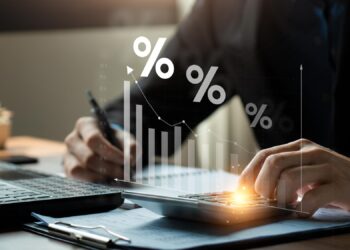In addition to the traditional, publicly-traded markets, many university endowments made large in-roads into the non-traditional/ alternative asset classes over the past decade.
Endowments’ long time horizon make them particularly well-suited to exploit illiquid, less efficient market segments (such as venture capital, leveraged buyouts, oil and gas, timber) where day-to-day price discovery does not exist. In addition to investment returns, endowments rely on fund raising, particularly from their alumni, to grow endowment corpus and university spending.
While similarities between an endowment and a superannuation fund do exist, they have unique and distinct differences. The most obvious difference is the number of stakeholders. The stakeholders of superannuation funds (the super members), have asset allocation and provider discretion and enjoy unit pricing which allows them to transact daily.
When these factors are considered, the differences between the two entities becomes stark. Customisation is therefore required to meet a super fund’s distinct liability and liquidity needs. Customisation, not replication, is essential – particularly given the different objectives of super funds which make their management a unique challenge.
The ongoing liquidity and credit crisis gives pause for much concern, particularly as many super funds which follow the endowment model are now heavily exposed to the prospect of rapidly dissipating illiquidity premiums via falling asset values. The current crisis is a perfect storm for illiquid investments.
The area under the most duress is unlisted property. Comparable listed versions of these investments, albeit incorporating greater leverage, have already been dramatically repriced downward, whereas unlisted counterparts have yet to be revalued.
A ‘credit crunch’ by definition is a period in which investors place an extraordinarily high premium on liquidity and shun less liquid assets. This results in the latter eventually experiencing price declines of such a degree that by the end they are at a significant discount to more liquid assets.
Super funds which have older members approaching retirement age need to question the appropriateness of unlisted and illiquid investments. Unlisted and illiquid investments are hard to sell and value, and as a result they are priced less frequently and have less price transparency. However, just because something has not been recently priced does not mean it has retained its value. The price declines are coming. It is just a matter of when.
For many super funds that have heavily adopted the endowment model and large exposures to the more illiquid markets I described, there are some testing times ahead. Unfortunately, the environment for illiquid assets is getting worse, not better. Beyond the liquidity/credit crisis, we now likely face a long and painful recession for the developed world which exacerbates the negative fundamentals for illiquid assets.
Given this, let’s hope super fund guardians and their members have a good appreciation for the current risks and act accordingly with their long-term objectives.
While it has been noted by many trustees that their exposure to unlisted assets has helped to apparently lower the volatility of recent returns, it is also becoming clearer that funds that maintain a high exposure to private markets are now attempting to ensure that the real underlying value of those assets are better reflected in members’ account balances.
While emulation plays an important role in the transfer of information and a lot can be gained, knowing what should and should not be brought on board is the key. Let us hope super funds are learning from the mistakes of others and not copying them.
Benjamin Kelly is Pimco vice-president







